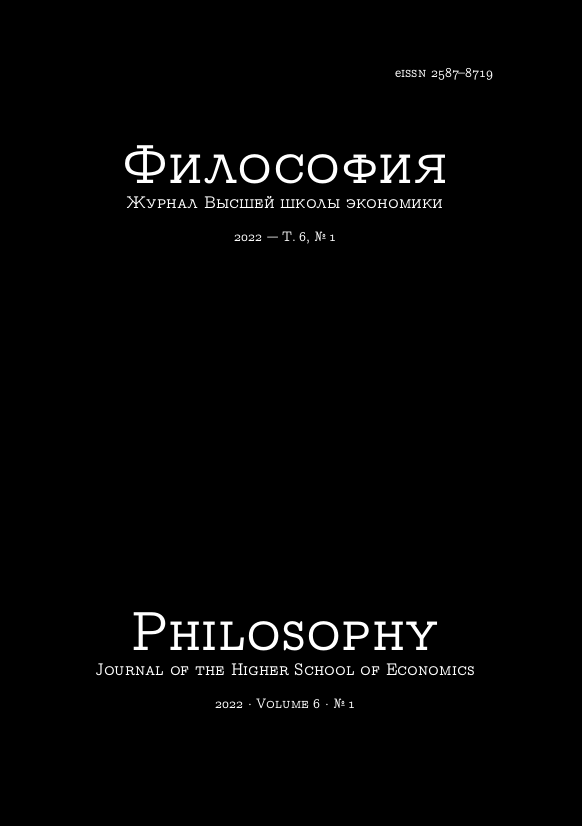Formation of a Philosophical Canon in Religious-idealistic Samizdat
Abstract
As a product of hobby groups, religious and philosophical samizdat was the practice of an entire cycle of intellectual content production: from the search for sources to their adaptation and pragmatization. At the same time, pragmatization determined the future projects and the organization of circles as communities. A wary attitude towards the transformations of the world demanded among supporters of religious philosophy reflection on the life-building and social potential of the community. This cautious attitude determined the composition of the canon, the features of which are determined by the specifics of intellectual production in these circles. Thus, Berdyaev was accepted into the canon as the inventor of the aphoristic mode of thought production. Sergei Bulgakov was an extra-Soviet non-conformist thinker whose sophiology corresponds to social constructivism in contemporary scholarship and, at the same time, allows the meta criticism of church habitus. The canon was built as actual: the works of religious philosophers of the twentieth century were perceived as part of current philosophy, not because of a lack of newer sources, but because of the understanding of their work as avant-garde and their social program as not yet put into circulation, and therefore belonging to the future projects. The expansion of the canon could occur only if the philosophical fiction, from Dostoevsky to Solzhenitsyn, was accepted into the canon, which made it possible to concretize the intellectual phenomena of the 19th century. Thus, inclusion in the canon meant recognition, not so much of the author's philosophical merits as to his or her ability for a polemical gesture but also for grounding the circles' autonomy. The disintegration of this circle organization of the “second culture” coincided with the ontologization of the problematics of Russian idealistic philosophy, which (ontologization) became normative in Russian higher education.
Downloads
Copyright (c) 2022 Philosophy. Journal of the Higher School of Economics

This work is licensed under a Creative Commons Attribution-NonCommercial 4.0 International License.






